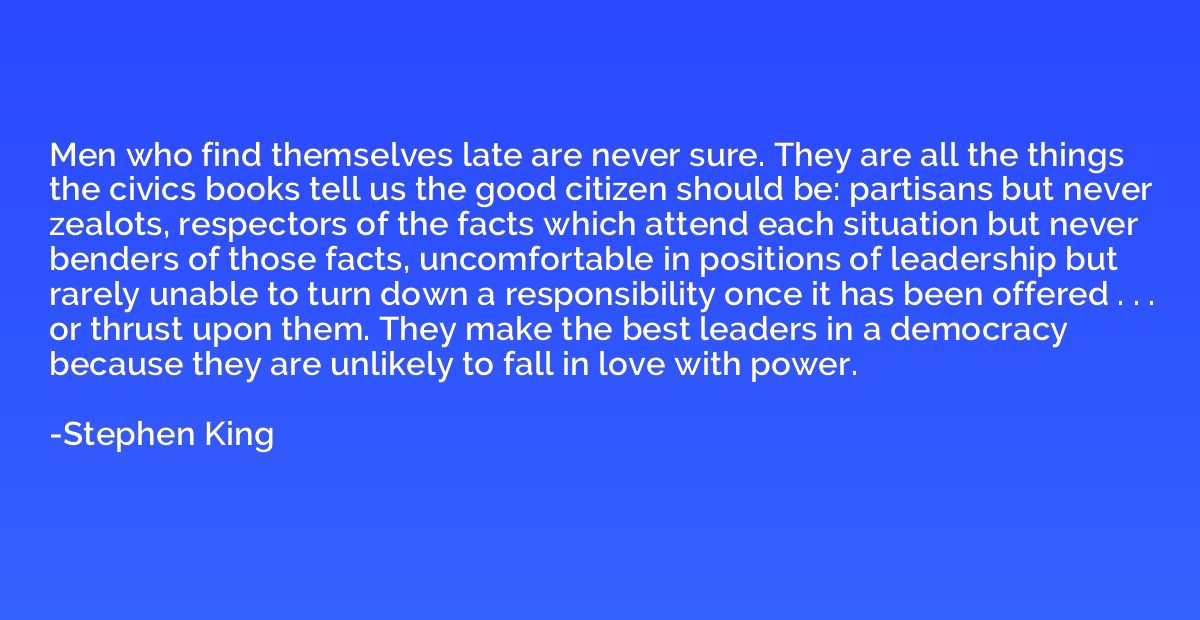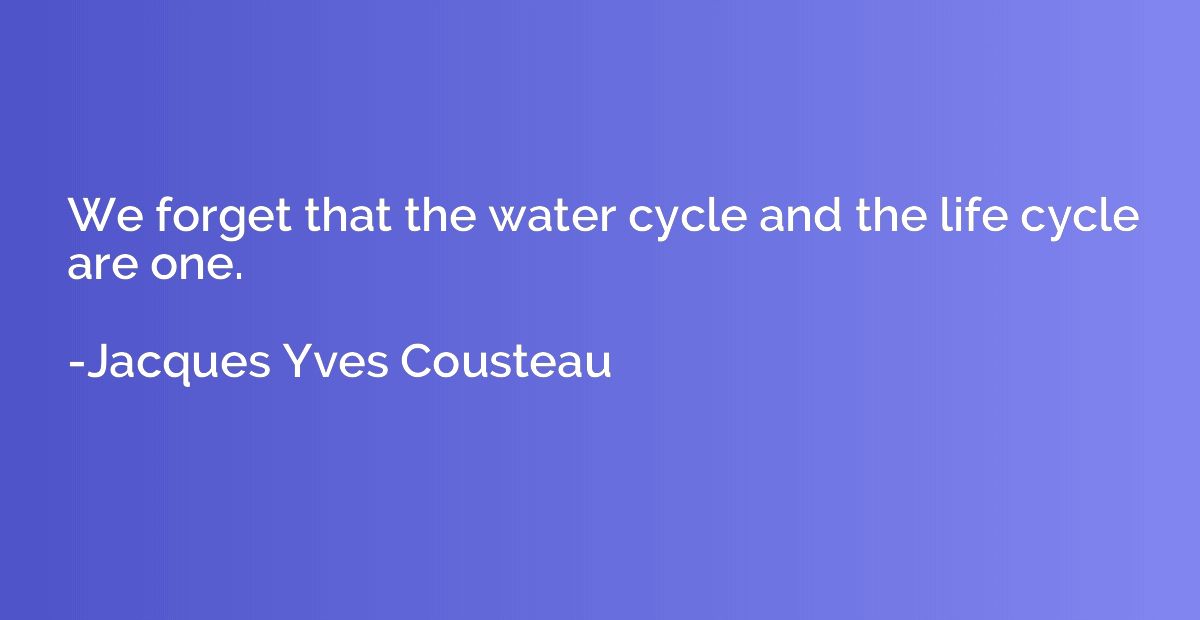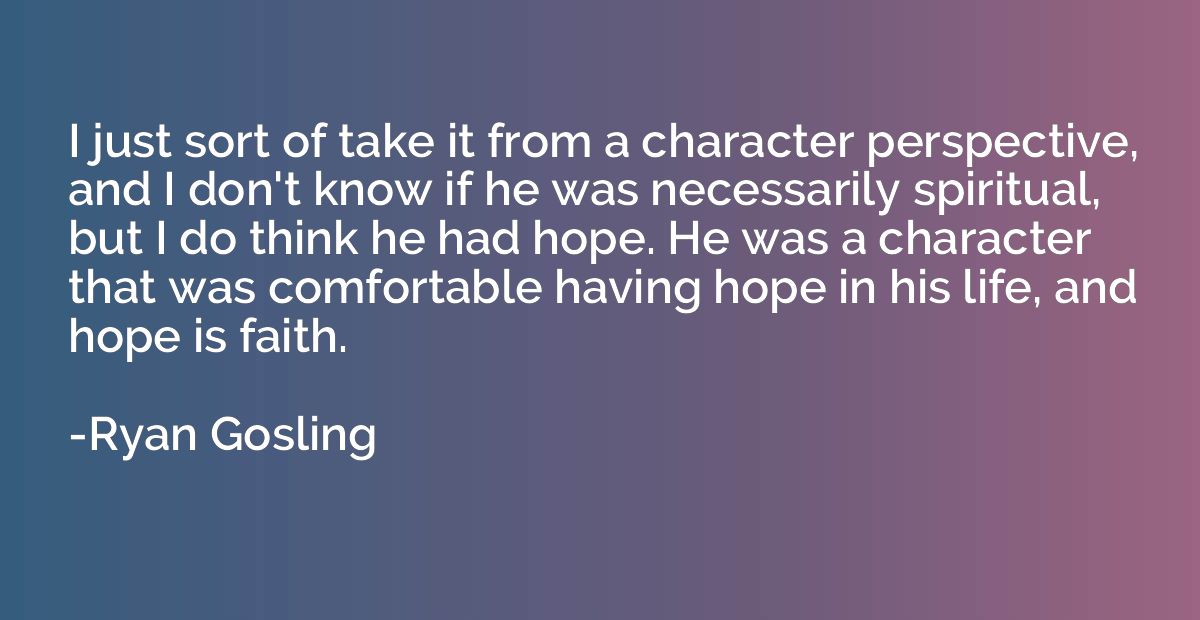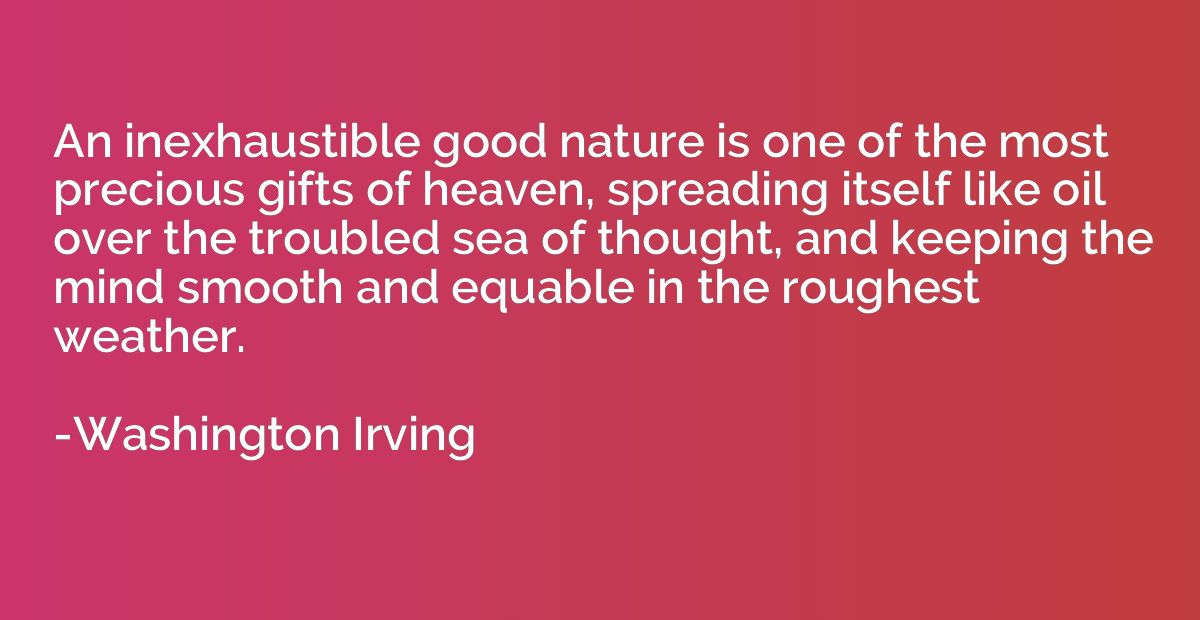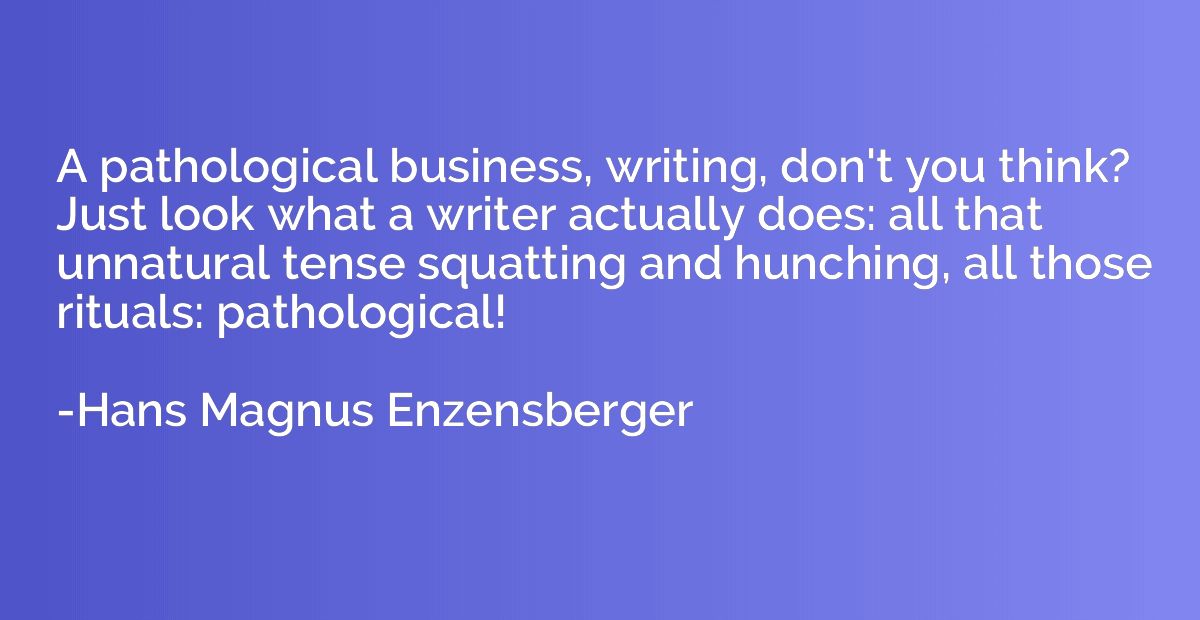Quote by Naomi Wolf
Young women today feel vulnerable to judgment; if a harsh sentence is passed (or even suspected or projected), it is not her reputation that suffers so much as the stability of her moral universe. They did not have long to explore the sexual revolution and make it their own. Before the old chains had grown cold, while young women were still rubbing the circulation back into their ankles and taking tentative steps forward, the beauty industries levied a heavy toll on further investigations, and beauty pornography offered them designer bondage.
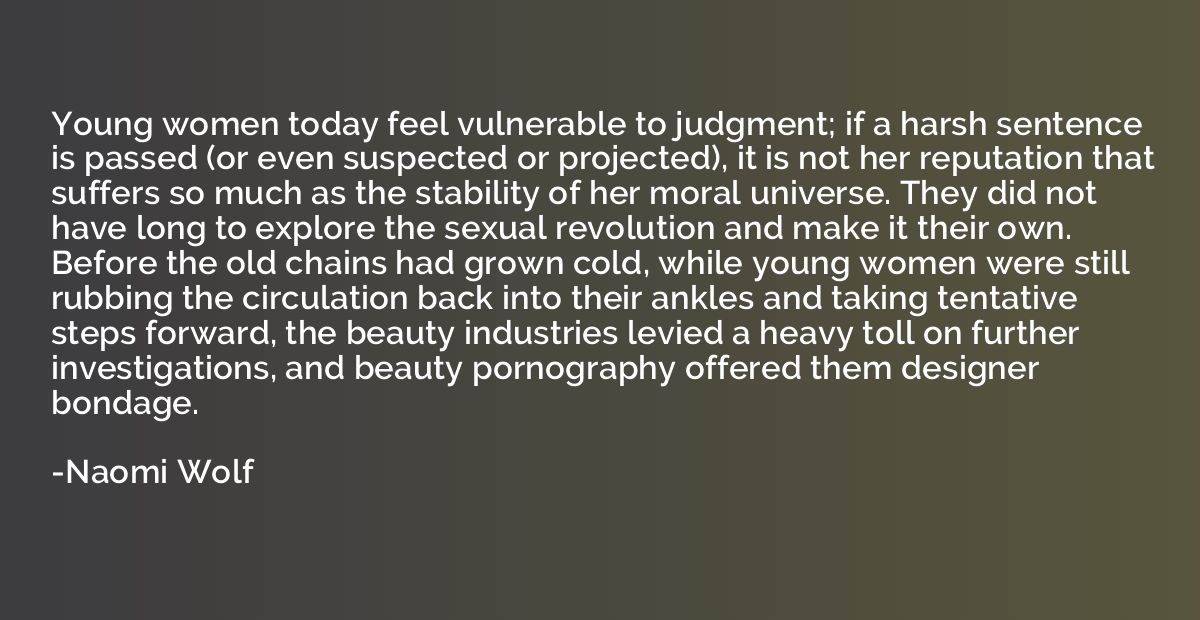
Summary
This quote suggests that young women nowadays feel a sense of vulnerability when it comes to being judged by society. The potential for harsh judgments or expectations doesn't just affect their reputation, but also shakes the foundations of their moral values and beliefs. Just as they were beginning to explore and adapt to the changes brought about by the sexual revolution, they were confronted by societal pressures associated with the beauty industry. The quote implies that instead of being able to fully embrace freedom and sexual liberation, young women are constrained and objectified by idealized notions of beauty, which can act as a form of bondage.
Topics
Beauty Equality Advertising Culture Aging Double Standards Cosmetics Body Image Cosmetic Surgery Diet Industry Eating Disorders
By Naomi Wolf



